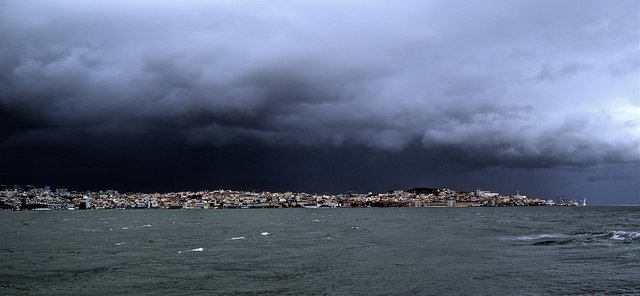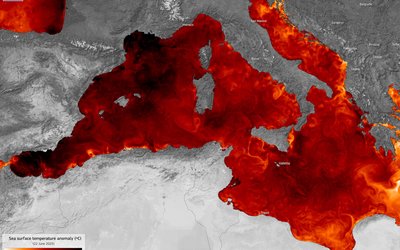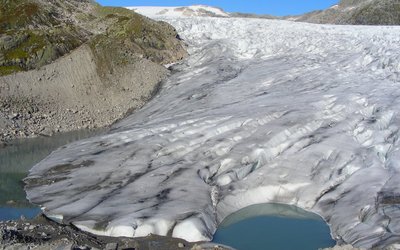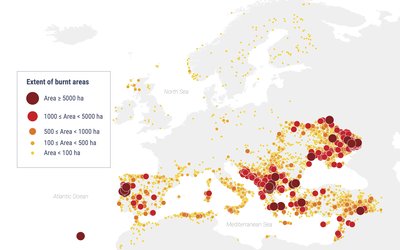
Precipitation in Portugal is projected to decrease throughout this century, and more clustered into extreme events, accentuating the vulnerability of Portuguese water cycle to global warming. These changes may have dramatic impacts on a very wide spectrum and vital sectors of Portuguese economy, like agriculture, forestry, water supply and energy production.
The Portuguese mainland is one of the European regions with large spatial precipitation gradients, from above 2,500 mm per year in the northwestern region, directly affected by the passage of Atlantic storms, to under 400 mm in the drier southern areas. A small shift in the storm trajectories can have a major impact on the mean and daily precipitation distributions over Portugal.
The results of five regional climate models (RCMs) were used to characterize the precipitation changes over Portugal in response to an intermediate scenario of climate change (the so-called SRES A1B emissions scenario). This was done for 2071-2100 compared with 1961–2000.
According to these results, yearly precipitation will decrease over Portugal, between 15 %, in the north, and over 30 % in the south. Mean seasonal precipitation is expected to decrease substantially in all seasons, excluding winter. This reduction is statistically significant; it spans from less than 20 % in the north to 40 % in the south in the intermediate seasons, and is above 50 % in the largest portion of mainland in summer. Besides, rain intensity (extreme precipitation volumes) will be much higher than the present climate.
Source: Soares et al., 2015. Climate Dynamics 45: 1771–1787.
Photo: Mariusz Kluzniak (www.Flickr.com)








